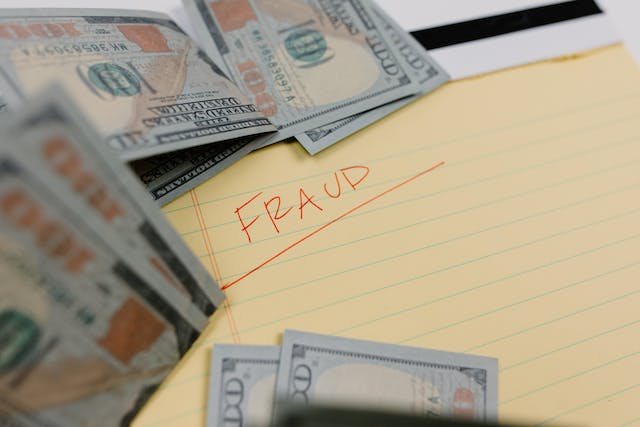
When a debt collector contacts you to inform you that you owe a debt, it can be jarring, especially if you cannot recall the debt. Unfortunately, this could be a debt collection scam. If you are unsure if a collector is legitimate, the following blog can help you explore how these scams work and the common signs of these schemes Additionally, if you believe you are a victim of a fake debt collector, you’ll learn why it’s imperative to connect with a San Diego County debt collection harassment lawyer to explore your legal options.
What Are Debt Collection Scams?
Debt collection scams are attempts by collectors and agencies to scam hardworking individuals out of their hard-earned money by claiming they owe a debt when, in reality, they do not. Generally, the scammers will contact you and claim you have an outstanding debt that was sent to collections. This could be a debt that has already been paid off, was canceled, was discharged during bankruptcy, has fallen out of the collection limitations, or does not belong to you.
What Are Common Signs That a Collector Is a Scammer?
One of the most common signs that a collector is a scammer is that they ask for information they should already have. This includes your full name, address, birth date, and Social Security number. Until you can verify the legitimacy of the collector, you should not share this information.
Additionally, if the collector does not want to share information about their agency, this is a sign that you are dealing with a scammer. If the caller is legitimate, they would readily provide information about their company, such as where they are located, their phone number and email, and their name.
Finally, if the collector is overly aggressive and wants you to pay immediately, you could be getting scammed. Debt collectors must follow the Fair Debt Collection Practices Act (FDCPA), which outlines unacceptable behaviors. Threatening violence or jail time violates this rule. Additionally, the collector should understand that you would want to wait for a debt validation letter before you pay them, which they are required to send within five days of contacting you for the first time. You should also request this letter, especially if you suspect this is not a legitimate collector.
What Should I Do if I Think I’ve Been Scammed?
If a collector contacts you regarding a debt you allegedly owe, you should not pay them without verifying the validity of the debt in question. However, if you believe you are the victim of a collection scam, the first thing you should do is contact one of the three major credit reporting bureaus to place a fraud alert on your account. This will prevent the scammer with your sensitive information from stealing your identity. By contacting one agency, they will alert the others.
You should also consider connecting with an experienced attorney from Barthel Legal. We understand that in a world where things can be easily faked, falling victim to a debt collection scam can impact anyone. Our dedicated consumer attorneys will work with you to assist you through these challenging times. Contact us today to learn how we can help you.

